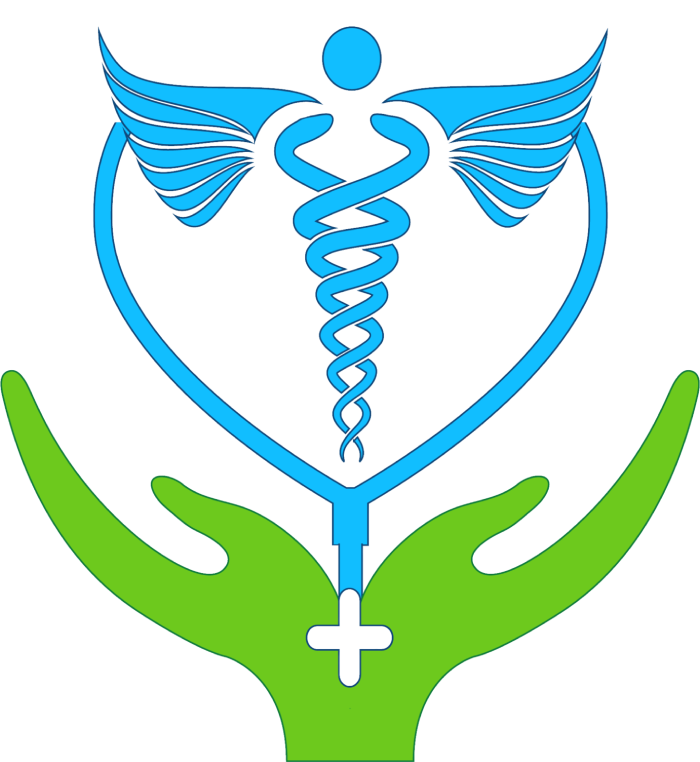
Nutrition and Dietetics in Turkey
Nutrition is a crucial part of our lives. It determines our overall health and dictates our health in the future too. Nutrition and dietetics service provides the necessary treatments, diet programs, and follow-up examinations to healthy persons who only require balanced nutrition and regular physical inspections and/or people who need medical attention to their diet and nutrition habits due to several diseases.
Which Treatments Do Nutrition and Dietetics Apply?
Nutrition and dietetics is the field that helps individuals to increase their quality of life in sickness and in health. By providing themselves with regular and healthy nourishment, patients can maintain their health or even cure sicknesses. Precautions are taken to prevent diseases with a correct nutrition plan created by dieticians. The nutrition and dietetics department is of great importance in the treatment of diseases such as diabetes, heart, blood pressure, cholesterol, and cancer. Creating nutrition programs suitable for diseases, it helps people to keep their sugar and blood pressure values in balance and to protect their cardiovascular health. Nutrition is also important during pregnancy and lactation. The department of nutrition and dietetics works on nutrition in diseases, nutrition during pregnancy and breastfeeding, nutrition in inpatients, nutritional disorders, food allergies, healthy weight gain, and weight loss.
Diagnostic Methods used by Nutrition and Dietetics Field
Diagnostic methods used in the diagnosis of diseases related to nutrition and dietetics aim to get to the root of the nutrition problem. Provided with all the necessary testing facilities for the diagnosis of nutritional diseases, the nutrition and dietetics field applies the most up-to-date methods for the diagnosis and treatment of the diseases. The main diagnostic methods used in nutrition and dietetics are body mass index, food tests, and hormonal tests.
Body Mass Index Test
Body mass index is one of the important indicators of nutritional problems. Body mass index is calculated by dividing the person's weight in kilograms by the square of their height in meters.
Food Tests
There are various tests for food allergy and food intolerance. In light of these tests, the types of food that should be avoided are determined and a diet plan is created according to the tests.
Hormonal Tests
The person's excess weight may be caused by hormonal disorders. Hormone tests are also used to diagnose the cause of weight gain.
Treatment Methods in Nutrition and Dietetics
In the department of nutrition and dietetics, nutritional treatments are carried out to cure illnesses related to nutrition. The diseases treated by the nutrition and dietetics field are obesity, eating disorders, anorexia, bulimia, food allergies, food intolerances, and celiac disease, and the field also follows nutrition when patients are afflicted with diseases such as diabetes, and cardiovascular diseases.
Celiac Disease
Celiac disease is intolerance to gluten, which is found in grains such as wheat, barley, and semolina. When foods containing gluten are consumed, discomforts such as bloating, pain, and diarrhea occur.
Eating Disorders
Eating disorders are disorders associated with eating too little or too much, resulting from physical or psychological causes. The most common nutritional disorders are anorexia and bulimia.
Bulimia
People suffering from bulimia eat excessively because they cannot contain themselves. They try to find a solution to the digestive problems they experience after a binge-eating meal by making themselves vomit or by consuming drugs such as laxatives. Therefore, patients do not gain weight despite overeating.
Food Allergy
Food allergy is the response of the immune system to certain foods. As a result of the consumption of allergenic foods, serious health problems can be observed.
Food Intolerance
Although food intolerance is often confused with food allergy, they are actually different concepts. With food intolerance, sensitivity to some types of food is caused by problems related to the digestive system. The most common food intolerances are sensitivity to lactose and gluten.
Obesity
Obesity is one of the most common nutrition-related diseases. As a result of fast-food consumption, sedentary life, and an unhealthy diet, the body's fat rate increases. Obesity occurs as a result of weight gain associated with an increased fat ratio.
Nutrition in Diseases
For various diseases such as diabetes, heart, blood pressure, and cancer, it is necessary to apply different nutritional programs determined with the help of a dietitian. In addition to the diet programs, dietitians are also responsible for the nutrition follow-up examinations.
Anorexia
Anorexic people think that they are overweight even though they are thin
and refuse to eat. Therefore, as a result of serious weight loss, their
health deteriorates and they become adjacent to many diseases.



